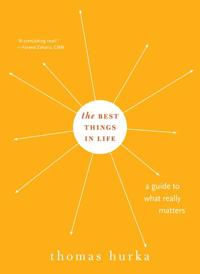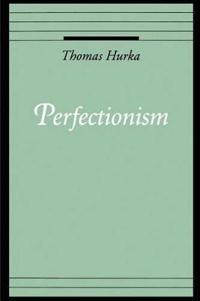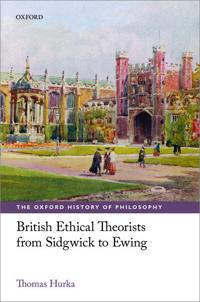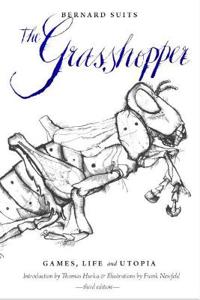The Best Things in Life (Pocket)
avThomas Hurka
ISBN: 9780190228316 - UTGIVEN: 2015-04For centuries, philosophers, theologians, moralists, and ordinary people have asked: How should we live? What makes for a good life? In The Best Things in Life, distinguished philosopher Thomas Hurka takes a fresh look at these perennial questions as they arise for us now in the 21st century. Should[...]
Perfectionism (Häftad)
avThomas Hurka
ISBN: 9780195101164 - UTGIVEN: 199510Perfectionism is one of the great moralities of the Western tradition. It holds that certain states of humans, such as knowledge, achievement, and friendship, are good apart from any pleasure they may bring, and that the morally right act is always the one that most promotes these states. Defined mo[...]
British Ethical Theorists from Sidgwick to Ewing (Inbunden)
avThomas Hurka
ISBN: 9780199233625 - UTGIVEN: 2014-11Thomas Hurka presents the first full historical study of an important strand in the development of modern moral philosophy. His subject is a series of British ethical theorists from the late nineteenth century to the mid-twentieth century, who shared key assumptions that made them a unified and dis[...]
The Grasshopper (Pocket)
avBernard Suits, Thomas (INT) Hurka, Frank (ILT) Newfeld
ISBN: 9781554812158 - UTGIVEN: 2014-04In the mid twentieth century the philosopher Ludwig Wittgenstein famously asserted that games are indefinable; there are no common threads that link them all. "Nonsense," said the sensible Bernard Suits: "playing a game is a voluntary attempt to overcome unnecessary obstacles." The short book Suits [...]






